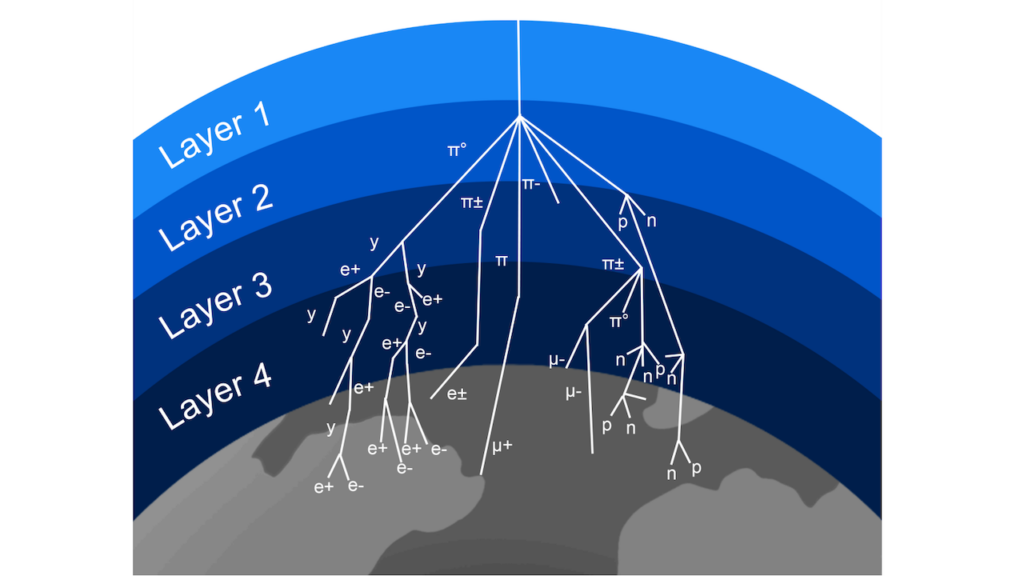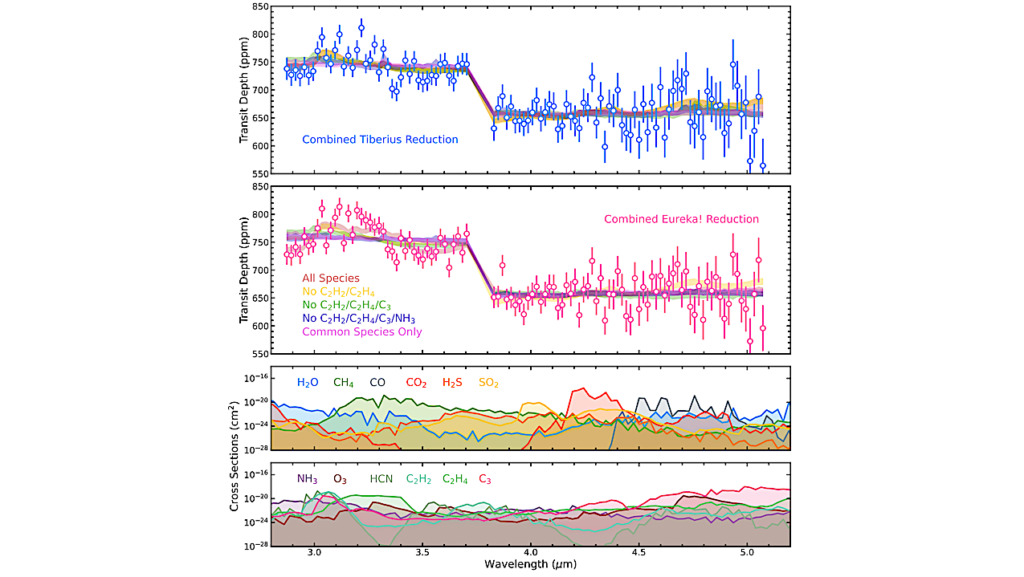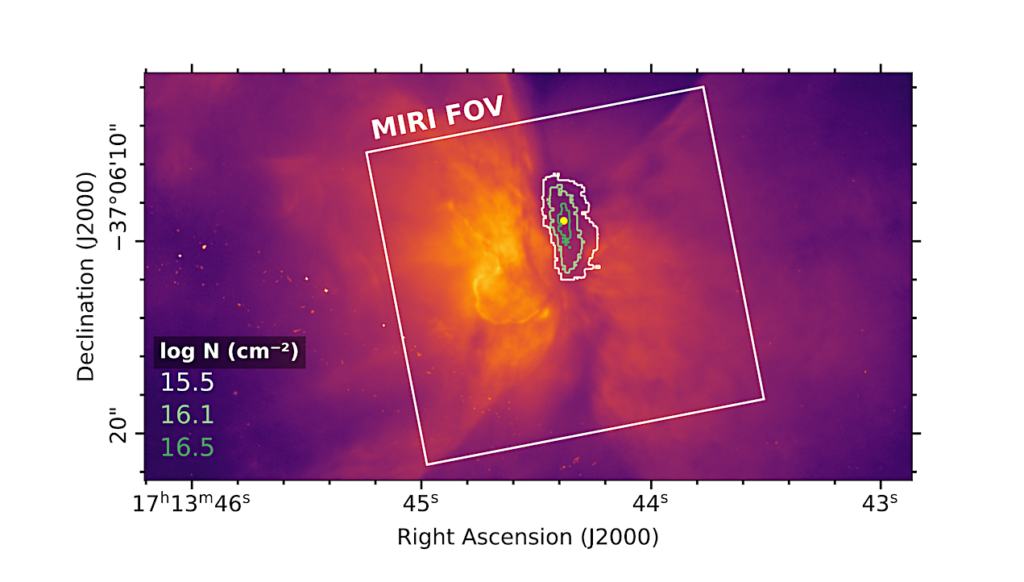OSIRIS-REx Asteroid Samples Now Available to World’s Scientists

Scientists outside of NASA’s OSIRIS-REx team are getting their first close look at the asteroid Bennu samples available for independent research just six months after their delivery to Earth.
The curation team at NASA’s Johnson Space Center in Houston has released the OSIRIS-REx sample catalog detailing the small rocks and dust that scientists around the globe can request for their research.
“This is exciting because, until this point, with the exception of what has been shown at conferences … really nobody outside of the curation or mission teams has had a chance to see the Bennu samples in detail,” said Jemma Davidson, branch chief of Astromaterials Acquisition and Curation Office in the Astromaterials Research and Exploration Science (ARES) Division at Johnson.
OSIRIS-REx delivered 4.29 ounces (121.6 grams) of material from asteroid Bennu; the largest asteroid sample ever collected in space and over twice the mission’s mass requirement. Some samples have already been distributed to members of the OSIRIS-REx sample analysis team, who have found evidence of organic molecules and minerals bearing phosphorous and water, which together could indicate the building blocks essential for life may be found in these rocks.
The catalog details each sample with images, weights, and descriptions. Scientists may use the database to find specific pieces of the Bennu sample that could support their research. To do so, they will need to submit a well-justified scientific proposal of why they would like to request specific pieces, how they will perform their analysis, what they hope to learn, and how their analysis may affect the sample. A detailed guide to submitting a proposal is available in the sample request form on the ARES curation website. Requests will be reviewed by a panel from the Astromaterials Allocation Review Board (AARB), experts who review sample requests for all NASA astromaterials.
The deadline for this first round of proposals is 5 p.m. CDT June 25, 2024. This is the only opportunity to request Bennu samples in 2024, but subsequent years will have spring and fall opportunities for requests.
“Building this sample catalog and making it available to the scientific community within six months of those samples coming back is a phenomenal achievement,” Davidson said. “The curation team worked so incredibly hard and persistently to overcome various challenges to get the sample catalog out. It’s a major achievement for the curation team. It’s a huge milestone for the mission, and it’s also a big deal for the wider sample analysis community.”

A top-down view of one of the containers holding rocks and dust from asteroid Bennu, with hardware scale marked in centimeters. Erika Blumenfeld, creative lead for the Advanced Imaging and Visualization of Astromaterials (AIVA) and Joe Aebersold, AIVA project management lead, captured this picture using manual high-resolution precision photography and a semi-automated focus stacking procedure. The result is a sample image that can be zoomed in on to show extreme detail. Credit: NASA/Erika Blumenfeld and Joseph Aebersold Larger image
Astrobiology








